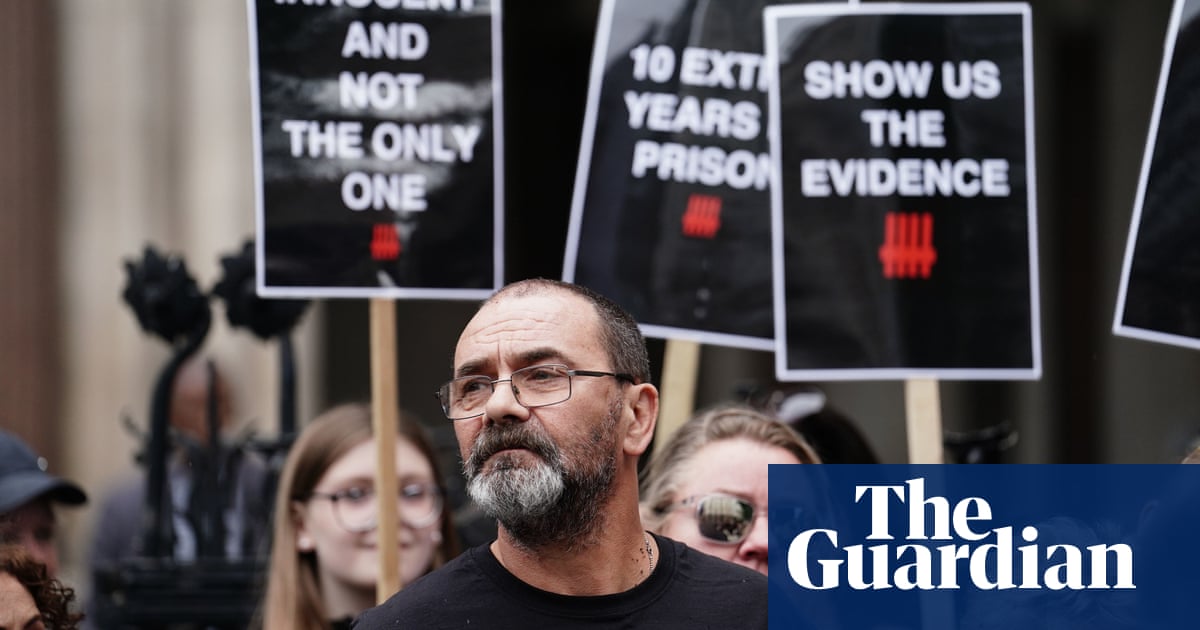
n 1931, Noël Coward was the highest-earning author in the western world, celebrated for his scintillating comedies and sensational dramas of hidden love such as The Vortex, Private Lives and Easy Virtue. As well as writing hit songs, musicals, novels and short stories, he painted and, not least, performed. But perhaps the most astounding thing of all is the fact that – at a time when homosexuality was illegal and would remain so for some time – he lived an openly gay life.
It is this that makes a newly discovered photograph album so extraordinary. It shows intimate glimpses from the private life of this towering cultural figure. Apparently compiled in the 1930s by Coward’s closest female friend, Joyce Carey, the album is a remarkable insight into gay lives of the interwar years, lived in plain sight. Carey died in 1993. It is because of her long-held loyalty to the man she and other intimates only half-ironically called the Master that the album has only now come to light, due to be sold at a London sale room later this month.
Many of the shots were taken at Goldenhurst, Coward’s country retreat in Kent, an extended redbrick farmhouse he bought in 1926. Here, and at more exotic sites, we see the artist and his famous friends at play. They bask in the ancient, faded sunlight, these people whose lives were bookended by two world wars. There’s Lord Mountbatten, fishing – Coward was later to play him in the wartime film In Which We Serve. And here’s Alec Guinness, in smart sunglasses, with his seraphic smile that gave little of his personal life away.
Many of Coward’s guests are highly glamorous theatre women: Beatrice Lillie, Gertrude Lawrence, Tallulah Bankhead, Gladys Calthrop. But Coward’s allure extended far beyond the stage: the writers Rebecca West and Virginia Woolf were also his good friends. And then there are all those handsome young men, sporting droopy woollen swimsuits that leave nothing to the imagination.
The mere existence of such images could have brought the punitive weight of the law – and public prejudice – down on Coward’s head. Yet these men were his lovers and he made no secret of it. His relationship with Alan Webb, then starring in Coward’s Tonight at 8.30, was tempestuous, and ended in tears. We see the two men posing on the beach at Nassau in the Bahamas, holidaying there together in 1937. As John Gielgud once told me, Webb was “a very caustic and brilliant actor … one of the few who dared to oppose Noël”. Graham Payn, an altogether less troubling young man, was to become Coward’s longest and most constant companion, and became the executor of his estate when the dramatist died in Jamaica in 1973.
Then there’s Jack Wilson, Coward’s American manager, who has the square-jawed look of Marlon Brando, or an American football player. Wilson was the great love of Coward’s life, but his alcoholism and infidelities drove them apart. It’s a story wittily and lovingly camped up in a novel by Goldenhurst’s later owner, Julian Clary, under the title Briefs Encountered.
When writing Coward’s biography in the 1990s, I was lucky enough to talk to his contemporaries about those days. Payn was remarkably open, although still somewhat guarded, talking about his partner of 30 years. I could sense his nervousness recalling a time when gay men had to watch their backs. I also spoke to Carey, the fragile English actor whose pale skin is luminously rendered in these photographs. Famously, she played Myrtle Baggot, the (much-parodied) keeper of the station buffet in Brief Encounter. As Coward’s most intimate friend, Carey pops up everywhere, looking on from the wings as it were.
Not all of Coward’s female friends approved. Katharine Hepburn, who spoke to me in her New York brownstone, loved Coward. She visited him often, she said, in her wonderful quivering voice, along with her girlfriend Irene Selznick. But she complained that he and his guests spent all their time lying naked in the sun. She thought they ought to be playing tennis, she told Selznick, as the two women drove away in their red, open-topped sports car.
But there is a shadow that falls across these images. Coward, like his fellow gay theatrical superstar Ivor Novello, lived in fear of Oscar Wilde’s fate. And it wasn’t so far away: as a teenager, Coward had known Robbie Ross, Wilde’s literary executor and first male lover. At any point, these private parties and cocktail hours – and anything that came after – could have ended in arrest and imprisonment. Indeed, in 1953, Coward’s friend John Gielgud would be arrested for importuning sex with a man in a public lavatory. He escaped with a fine, but suffered a nervous breakdown as a result of the incident.
This did not stop the Master from making a joke of it all. Wit was the great man’s defence. Once, crossing Leicester Square with a friend, he looked up and saw a cinema marquee advertising a new film: Michael Redgrave and Dirk Bogarde in The Sea Shall Not Have Them. Coward turned to his friend and said: “I don’t see why not. Everyone else has.”
While Gielgud and Bogarde told me of their great love and respect for Coward, Carey was more reserved. She kept her counsel, as the great witness to her friend’s pleasures and pains. Above all, it is through her eyes – so constant, in these photographs she collected – that I would like to look again at that time and those people. As Amanda, the star of Coward’s most famous play, says: “I think very few people are completely normal really, deep down in their private lives.”
Of course, Coward had the privilege to be able to live privately like this. But importantly, like Wilde, he was the role model for an entire generation of gay people. You might live in suburbia, but with a cheap cocktail glass and a perfumed cigarette, you could be king or queen for a day.












